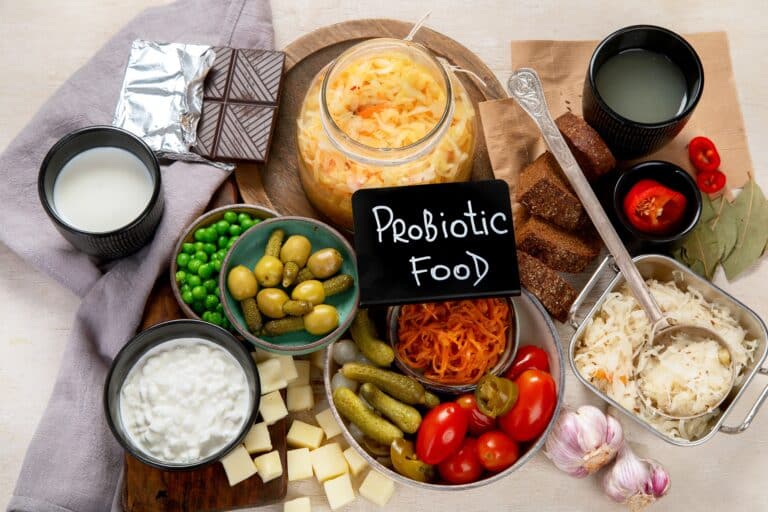Probiotics have gained popularity as a key player in promoting gut health. They are often marketed as a solution to digestive issues and overall well-being. However, one common question that arises is whether probiotics have an impact on bowel movements. Many individuals have experienced changes in their bowel habits after starting probiotics, leading to questions about whether probiotics make you poop more or less.
The truth is that the effects of probiotics on bowel movements vary from person to person, depending on factors such as the specific strain of probiotics, the dosage, and the individual’s gut microbiome. While some people may experience smoother and more regular bowel movements with probiotics, others may initially face digestive discomfort as their gut adjusts to the introduction of beneficial bacteria.
To better understand the relationship between probiotics and gut health, it is essential to delve into the science behind probiotics and their impact on digestion. Probiotics are live microorganisms that, when consumed in adequate amounts, provide health benefits by supporting the balance of the gut microbiome. They can be found naturally in fermented foods like yogurt, kimchi, and sauerkraut, as well as in dietary supplements.
The gut is home to trillions of bacteria, both good and bad, that play a crucial role in digestion, nutrient absorption, and immune function. Factors such as stress, poor diet, and antibiotic use can disrupt this delicate balance, leading to digestive issues and inflammation. Probiotics work by introducing beneficial bacteria to the gut, helping restore this balance and support overall gut health.
Probiotics function as gut allies by competing with harmful bacteria, strengthening the gut barrier, aiding in digestion, and influencing bowel movements. Different strains of probiotics have different effects, with some helping with digestion, others boosting immunity, and some combatting harmful bacteria. It is important to choose the right type of probiotics based on individual needs and health goals.
The health benefits of probiotics extend beyond digestion to immune function, metabolic regulation, and even mental health. They can improve digestive health by supporting the breakdown of carbohydrates, fiber, and proteins, as well as by preventing overgrowth of harmful bacteria. Probiotics can also help relieve constipation, regulate bowel movements, reduce diarrhea, restore gut balance, strengthen the immune system, and even support mental health through the gut-brain axis.
While probiotics are generally well-tolerated, some individuals may experience temporary side effects as their gut microbiome adjusts. These side effects can include bloating, gas, changes in bowel habits, and even the risk of infections in immunocompromised individuals. It is important to introduce probiotics gradually, stay hydrated, and consume a balanced diet rich in prebiotic fiber to maximize the benefits of probiotics.
In conclusion, probiotics can be a valuable tool in supporting gut health and overall well-being. However, their effectiveness may vary from person to person, and it is essential to listen to your body and make informed choices when incorporating probiotics into your daily routine. By understanding how probiotics work and their impact on digestion, you can determine whether probiotics are the right choice for you and tailor your probiotic intake to suit your individual needs.


